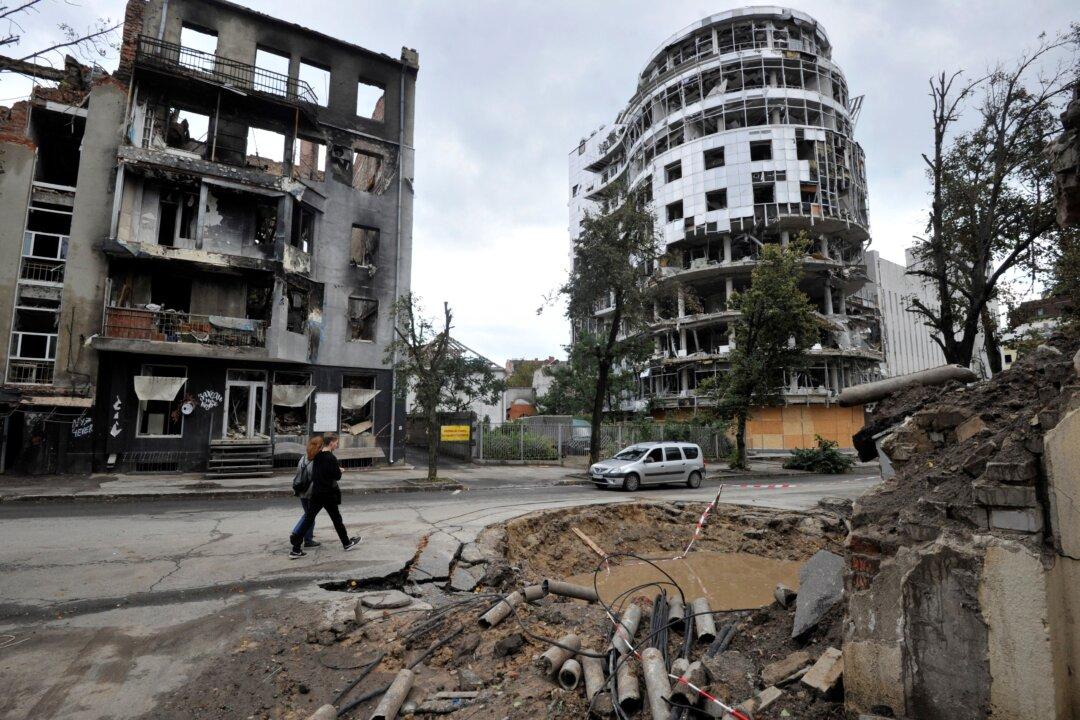The International Monetary Fund (IMF) has approved Ukraine’s request for $1.3 billion in emergency funding to help the war-torn country meet its urgent balance of payment needs and preserve financial stability.
The IMF’s executive board approved the funds on Oct. 7 under a new “food shock window” of its Rapid Financing Instrument (RFI).





